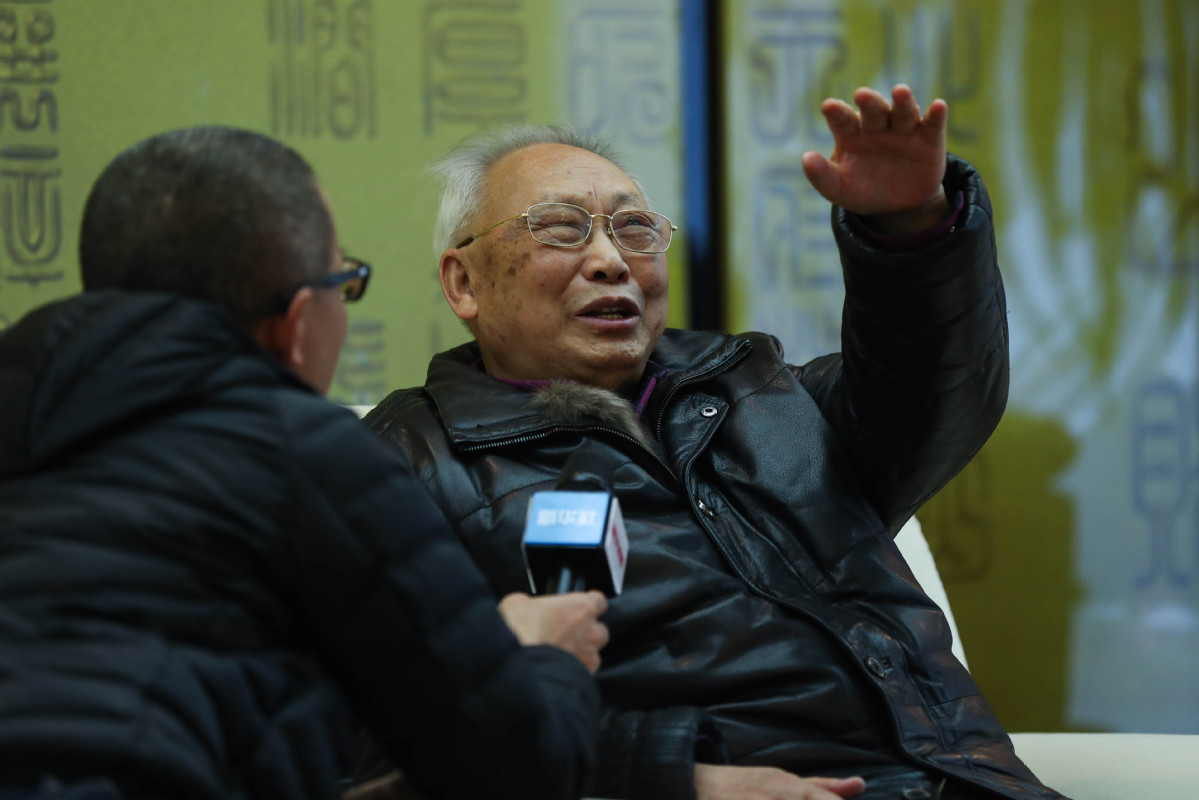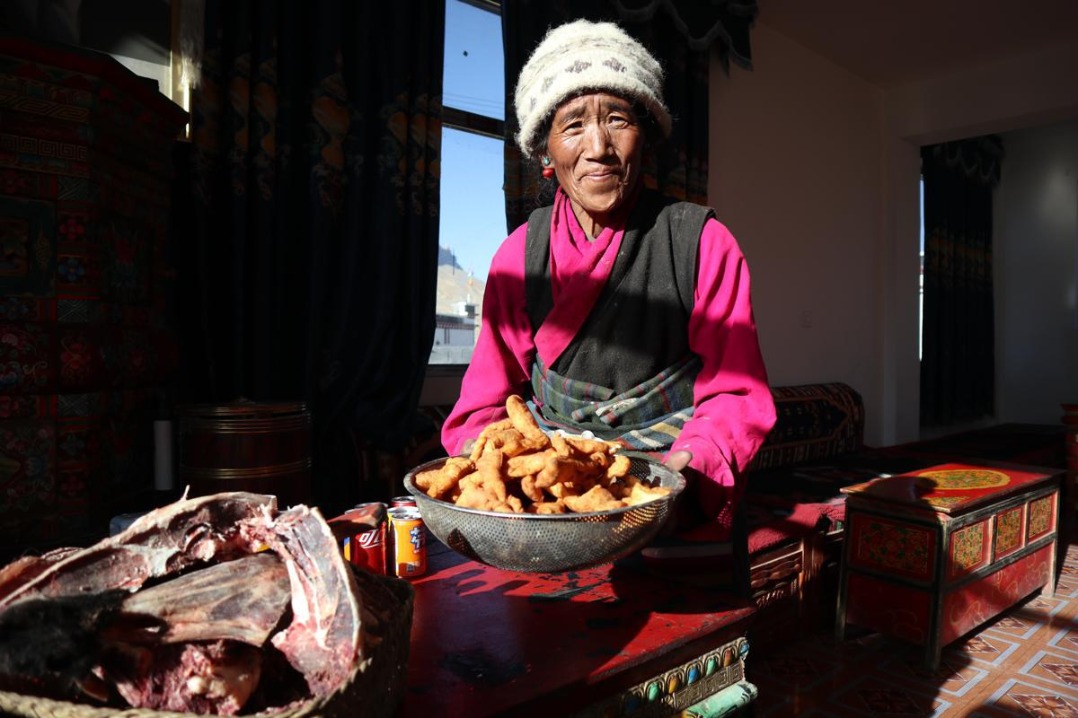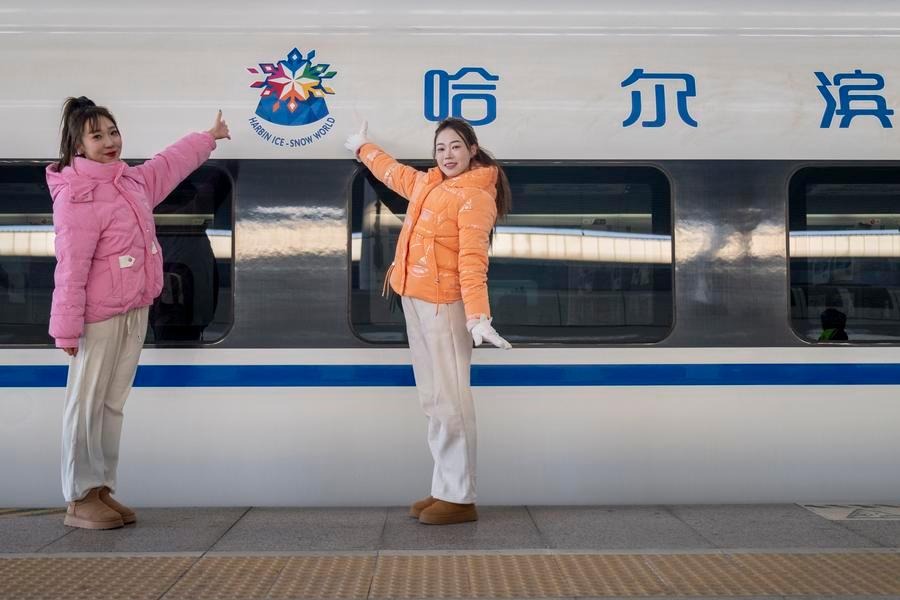Poor villagers create prosperity through hard work


With wide streets, spacious villas, schools, supermarkets, a cinema, high-grade hotels and hot springs, Baoshan village in Pengzhou, Sichuan province, seems much like a bigger city or a tourist resort.
Forty years ago, poverty-stricken villagers lived in shabby sheds of bamboo and mud. They worried year-round about how to feed themselves.
The changes for the better, according to locals, were fueled by 82-year-old Jia Zhengfang, former Party chief of the village.
Jia is blind in one eye, and the vision in his other one is so poor that he can't see the person next to him clearly. Nevertheless, he can see far beyond his range of vision. Jia and his successors have turned the destitute village into the envy of many, according to neighbors.
Jia's eyes were injured in an industrial accident when he worked on a State geological prospecting team. After that, in 1964, he returned to his home village of Baoshan.
In 1978, many males in the village were so poor that their marriage prospects were severely limited. An old woman told Jia she would be satisfied with life if she simply had enough maize cakes to eat all year. Her words saddened him.
In the 1950s, a novel from the Soviet Union, How the Steel Was Tempered, was popular in China. Young people like Jia were moved by the youthful hero who lost his eyesight in a battle but managed to strive for the public good.
When China launched its reform and opening-up policies in 1978, Jia, the village Party chief, briefly established the village's first enterprise, a copper mine. With an investment of 3,000 yuan ($435), the mine earned the village a net profit of 50,000 yuan in its first year. Instead of dividing the profits among the residents, however, it was reinvested.
In the early 1980s, Baoshan-which is located beside the Baishui River-had no electricity. From 1983 to 1989, the village used funds from the collective economy, from individuals and from bank loans to build four hydropower stations with a combined capacity of 7,800 kilowatt-hours.
Despite objections from some authorities, construction of the Guihuashu Hydropower Station started in 1986.
The authorities argued it was impossible for a village to build such a station because 6,000-meter-long irrigation ditches would have to be dug through precipitous mountainsides having slopes averaging 62 degrees.
As no builders were found who dared to take the contract, residents created their own team. In less than three years, they overcame countless unimaginable risks to dig the ditches and place 350 pipes, each weighing 5 tons, on sheer precipices and cliffs.
In January 1989, the first station went into operation. With electricity, the village set up 26 enterprises in succession and gradually became wealthy on the western Sichuan Plain.
A magnitude-8.0 earthquake jolted Wenchuan county in Sichuan on May 12, 2008, killing 69,226 people and leaving 17,923 missing. The quake dealt a heavy blow to Baoshan.
Fifty-four residents in the village died, 7,078 houses collapsed, six enterprises were buried and seven enterprises were so badly damaged they could not be restored. The economic losses surpassed 2.7 billion yuan, said Ren Bin, the village head.
With money from the collective economy, combined with their own money, villagers rebuilt their damaged houses.
It has emphasized tourism development during the reconstruction, building a hot spring resort and other rural resorts, and investing 30 million yuan to increase the village's forest and grass coverage to 89 percent.
Tourism earnings in the village rose from 8 million yuan in 2007 to 140 million yuan last year.
"My family has an annual income of about 120,000 yuan from running a rural resort. Mine is only a middle-income family in Baoshan," said one villager, Huang Jiaxiu.
Every family in the village has a villa and car, he said.
- Residents rebuild lives a year after Xizang quake
- CPC Central Committee congratulates Laos on opening of 12th LPRP congress
- New system erases duplicate enrollments, fake student records
- China to further bolster flood, geological disaster rescue forces in northern regions
- Daluo Port in Yunnan sets annual cross-border traffic record
- Four face criminal probe in Chengdu tower crane collapse, 12 officials punished





































